electropoetics
TL;DR: Lessons from CCSWG 2020
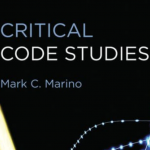
Mark C. Marino and Jeremy Douglass discuss the field of Critical Code Studies (CCS) and introduce three reports about the discussions of the CCS Working Group 2020.
Introduction to Critical Code Studies Working Group
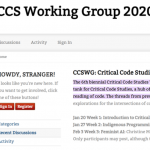
Jeremy Douglass and Mark C. Marino reflect on the activities of the Critical Code Studies (CCS) Working Group 2020.
Week One: Introduction to Critical Code Studies
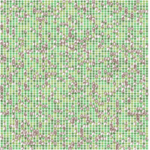
Meredith Finkelstein surveys key methodological aims of CCS, and considers the ways attending to code can enrich understanding of digital works, looking specifically at digital artist and programmer Eugenio Tisselli’s code for Amazon.html
Language |H|as a Virus: cyberliterary inf(l)ections in pandemic times
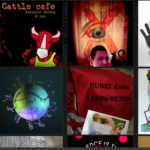
While presenting a series of four selected E-Lit artworks, Marques and Gago demonstrate how our recent pandemic will affect new media art, similarly to the ways in which the Athens Plague affected the writing (and reception) of Greek tragedies. And the same goes for Cinema and Aids, smallpox and illustration, photography and the third bubonic plague, usw.
Learning Management Platforms: Notes on Teaching “Taroko Gorge” in a Pandemic
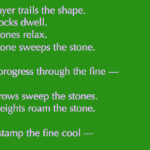
Dani Spinosa reflects on the relocation of e-Lit scholarship and pedagogy "in the remote classroom for the precariat writ large."